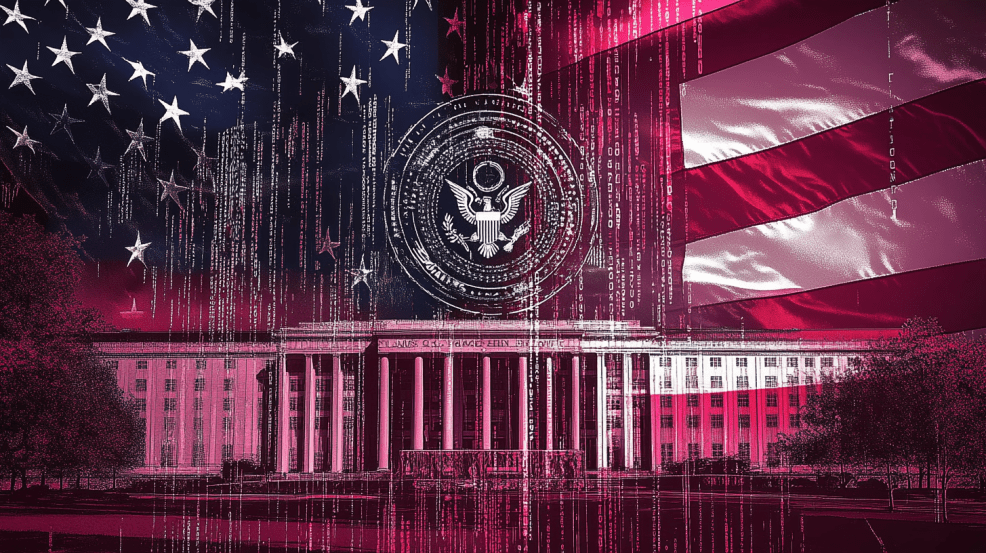
The Department of Defense has awarded its first generative AI defense contract to Jericho Security, marking a strategic shift in military cybersecurity. The $1.8 million Small Business Technology Transfer (STTR) Phase II contract, announced through AFWERX, tasks the New York-based startup with developing advanced cybersecurity solutions for the Department of the Air Force.
“This is one of the first generative AI contracts awarded in defense, marking a major milestone in how seriously our military is addressing AI-based threats,” Sage Wohns, CEO of Jericho Security, told VentureBeat in an exclusive interview
How AI-powered phishing attacks target military personnel
The company’s approach centers on simulating complex, multi-channel phishing attacks that mirror real-world scenarios. “In today’s landscape, phishing campaigns aren’t limited to just emails—they involve coordinated attempts across multiple platforms like text messages, phone calls, and even video calls,” Wohns explained, describing attacks that chain together multiple forms of communication to deceive targets.
What sets Jericho’s technology apart is its focus on human vulnerability — widely considered the weakest link in cybersecurity. The company claims that up to 95% of data breaches stem from human error. Their platform creates personalized security training programs based on individual risk profiles, using generative AI to simulate sophisticated attacks including deepfake impersonations and AI-generated malware.
Deepfake attacks and drone pilot targeting: The new frontier of military cybersecurity
The contract comes at a critical time, as military personnel face increasingly targeted attacks. “There was a highly publicized spear-phishing attack targeting Air Force drone pilots using fake user manuals,” Wohns revealed, highlighting how the company helped evaluate vulnerabilities through attack simulation and specialized training.
For a young company competing in the crowded cybersecurity market, landing a Defense Department contract represents a major validation. The deal positions Jericho Security to expand beyond its commercial roots into the lucrative government sector, where cybersecurity spending continues to grow amid escalating threats.
Military contracts often require stringent security measures. Wohns emphasized that Jericho maintains “military-grade cybersecurity standards” including end-to-end encryption and isolated secure environments for handling sensitive military data.
The next generation of AI defense: Predator and prey model
Unlike traditional cybersecurity approaches that react to known threats, Jericho Security employs what Wohns calls a “predator and prey” model. “We started with attack simulation, giving us a continuous stream of real-time data to enhance both offensive and defensive capabilities,” he said. This dual approach allows their AI systems to evolve alongside emerging threats rather than merely responding to them.
The Air Force contract, executed through AFWERX—the innovation arm of the Department of the Air Force—is part of a broader initiative to accelerate military adoption of private sector technology. AFWERX has awarded over 6,200 contracts worth more than $4.7 billion since 2019, working to strengthen the U.S. defense industrial base and speed up technology deployment.
Author: Michael Nuñez
Source: Venturebeat
Reviewed By: Editorial Team



